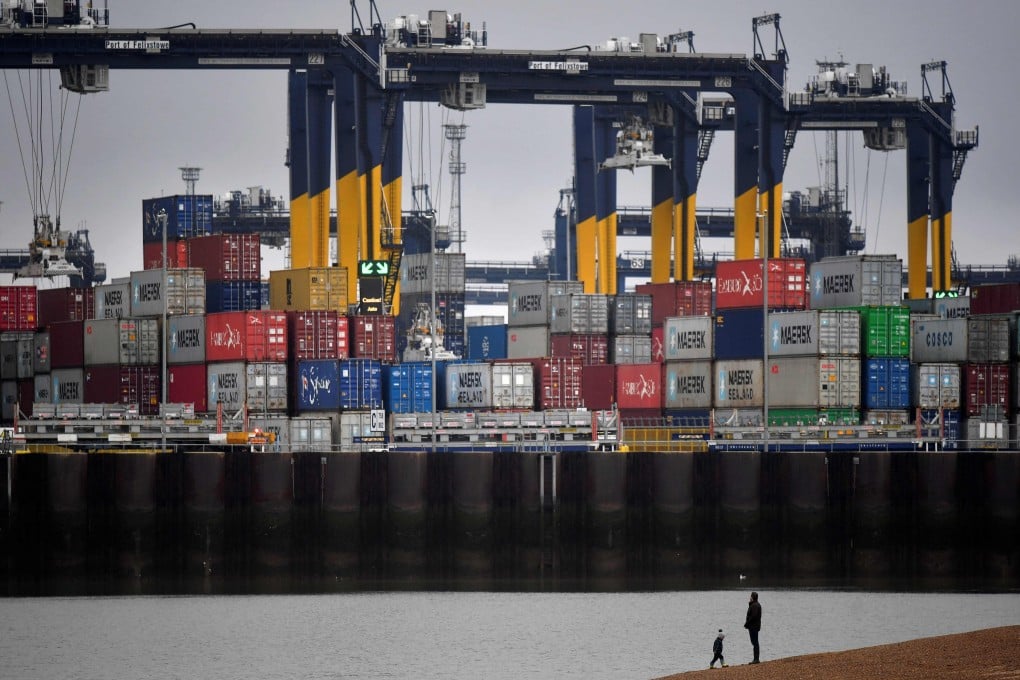Advertisement
How two British ports owned by Hong Kong’s CK Hutchison will help UK pivot to Asia after Brexit
- Felixstowe and Harwich, on England’s east coast, are part of the Freeport East plan designed to create low-tax, low-regulation zones
- China has been closely monitoring the Freeport East developments as relations with London have soured
Reading Time:3 minutes
Why you can trust SCMP
3

Hong Kong-based conglomerate CK Hutchison’s ports division has secured a strategic win from the UK’s post-Brexit pivot towards Asia.
Two of Hutchinson’s three ports on England’s east coast, in Felixstowe and neighbouring Harwich, were last week named in Chancellor Rishi Sunak’s budget speech among the country’s first eight “free ports”.
Free ports are low-tax, low-regulation zones where goods can enter duty-free and leave again without passing UK customs. They are a favourite project for the chancellor, who wrote a policy paper about them five years ago while still a backbench MP.
Advertisement
Felixstowe and Harwich are part of the regional Freeport East plan, which has been promoted as a hi-tech “global free port for a global Britain” with its own 5G network. The government estimates 13,000 jobs could be created at the site.

Advertisement
The other free ports will be in Liverpool, Plymouth, Humberside, Teeside, Southampton, Thames near London and East Midlands airport, Britain’s busiest freight airport.
Advertisement
Select Voice
Choose your listening speed
Get through articles 2x faster
1.25x
250 WPM
Slow
Average
Fast
1.25x